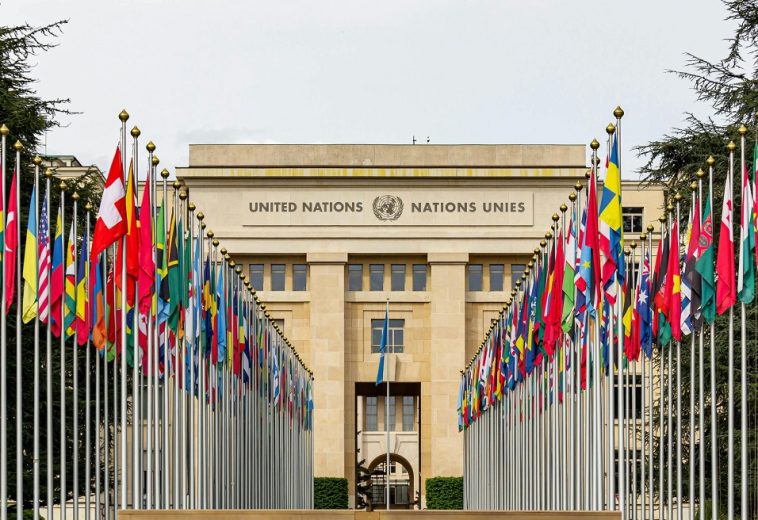Africa is experiencing rapid urbanisation, driven by economic activity, culture, and innovation. However, this urbanisation has brought significant urban security challenges, with rising crime rates and increasing violence becoming a daily reality for many city residents across the continent.
Reports from the United Nations reveal that Africa is the fastest-urbanising continent in the world, with nearly 1.5 billion people projected to live in urban areas by 2050. While this urbanisation is spurred by economic growth and social development, it often leads to overcrowding, unemployment, and inadequate infrastructure, all of which contribute to heightened urban insecurity.
The rise in urban violence can be attributed to several factors. Socioeconomic disparities, political instability, and historical grievances often fuel discontent and unrest. High levels of unemployment, particularly among young people, further exacerbate the problem, acting as a major catalyst for criminal activity. The proliferation of gangs and the growth of informal settlements intensify tensions, leading to violent clashes and escalating crime rates.
Cities such as Johannesburg and Lagos have long struggled with high crime levels. Street muggings, carjackings, and violent protests have become a stark reality for residents. Cult-related violence and kidnappings are also on the rise, forcing communities to confront safety concerns on a daily basis.
Urban crime affects both the physical and social fabric of these cities. Fear of crime often leads to social isolation, diminishing trust among neighbours and eroding the sense of community. The economic consequences are severe as well; businesses in high-crime areas struggle as customers avoid these regions, leading to economic stagnation. Vulnerable populations, including women and children, are disproportionately affected, as they are more likely to experience violence in public spaces.
Various initiatives have been introduced to address the security challenges in Africa’s urban areas. Community policing has emerged as a key strategy, emphasising collaboration between law enforcement and local communities. By building trust and fostering open communication, police forces can gain valuable insights into the concerns of residents and develop targeted strategies to address them.
In cities like Cape Town, community safety initiatives have proven effective in uniting local organisations, residents, and law enforcement to work collaboratively on crime prevention. Programmes that engage young people in constructive activities, such as sports and education, have shown promise in reducing gang violence and providing alternatives to crime.
Technological advancements have also played a significant role in improving urban security. Cities are increasingly using data analytics and surveillance systems to identify crime hotspots and allocate resources more effectively. Mobile applications now enable residents to report crimes or suspicious activities in real time, empowering them to play an active role in their safety.
Effective government policy and its implementation are essential for addressing urban security challenges. Local governments must prioritise crime prevention and public safety in their development agendas, ensuring that sufficient resources are allocated to tackle these issues.
As former South African President Nelson Mandela once said, “Safety and security are not just about protecting the physical person; they are about protecting our dignity as human beings.” For the millions living in Africa’s urban centres, achieving safety and security is not merely a matter of law enforcement; it is a fundamental human right that underpins their ability to thrive in a rapidly changing world.
African cities stand at a crossroads in addressing urban security challenges. By embracing community involvement, innovative solutions, and effective governance, they can pave the way towards safer, more secure urban environments where all residents can flourish. The future of Africa’s cities hinges on this collective response—one that acknowledges the complexities of urban life and strives to build a more secure and just society for all.




